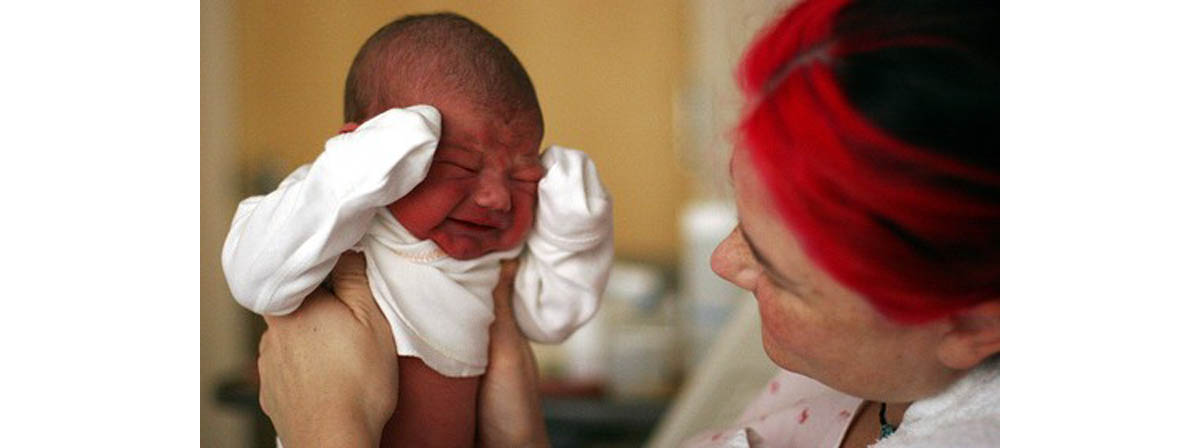Table of Contents
Women in both vaginal and c-section groups will generally feel sore for a few weeks — though in different places — but the discomfort will decrease all the time and most women feel better again by the time their six-week postpartum appointment rolls around. Postpartum women will generally bleed for around 40 days after the birth of their baby.

When will menstrual periods start again? This varies individually, and is greatly influenced by the mother's mode of infant feeding. Formula-feeding mothers generally start their cycles again within two months of the birth. For breastfeeding mothers who also supplement or pump, it is hit-and-miss. Moms who breastfeed exclusively on demand aren't likely to see a period for a good while. I went without periods for a grand total of two years after my son was born, for instance, because this is how long I nursed.
A word of caution: lactational amenhorrea, or a lack of periods due to breastfeeding, can stop both periods and ovulation for a good while, but that does not make it a reliable contraceptive.
This is because many women ovulate prior to getting their first postpartum period, and there is no way of knowing when that is going to happen. The six-week postpartum checkup is a good opportunity to discuss contraception with your healthcare provider.
Women who had a cesarean will want to know about the most common complications. They include infection, heavy blood loss, swollen feet, nausea, a blood clot in the legs or lungs, severe headache, and bowel problems. Women who had a c-section should discuss post-operative care and what to do if these symptoms occur with their doctor in detail.
Breastfeeding
Breastfeeding has been proven to be the healthiest nutrition for infants time and time again.
Breastfeeding reduces the risk of infections and diseases like diarrhea in infancy, and the risk of obesity and type 2 diabetes later in life. Breastfeeding also reduces a mother's risk of developing breast cancer later in life, and it is convenient and free.
Start-up problems like mastitis (an infection of the breast) can cause some women to quit nursing, but lactation consultants can help solve breastfeeding issues.
The World Health Organization recommends that mothers breastfeed exclusively for six months, and along with solid foods until the baby is two years old. There are, however, some situations in which breastfeeding is not advised:
-
If the mother is HIV positive.
-
If the mother is taking various types of prescription drugs — discuss with doctor.
-
In the case of active tuberculosis.
-
If the mother is dependent on illegal drugs. This includes marijuana. The active ingredient THC is transferred through breast milk and some studies show this can lead to motor development delays.
- Photo courtesy of george ruiz by Flickr : www.flickr.com/photos/koadmunkee/5476115196/
- Photo courtesy of sean dreilinger by Flickr : www.flickr.com/photos/seandreilinger/289162158/


Your thoughts on this